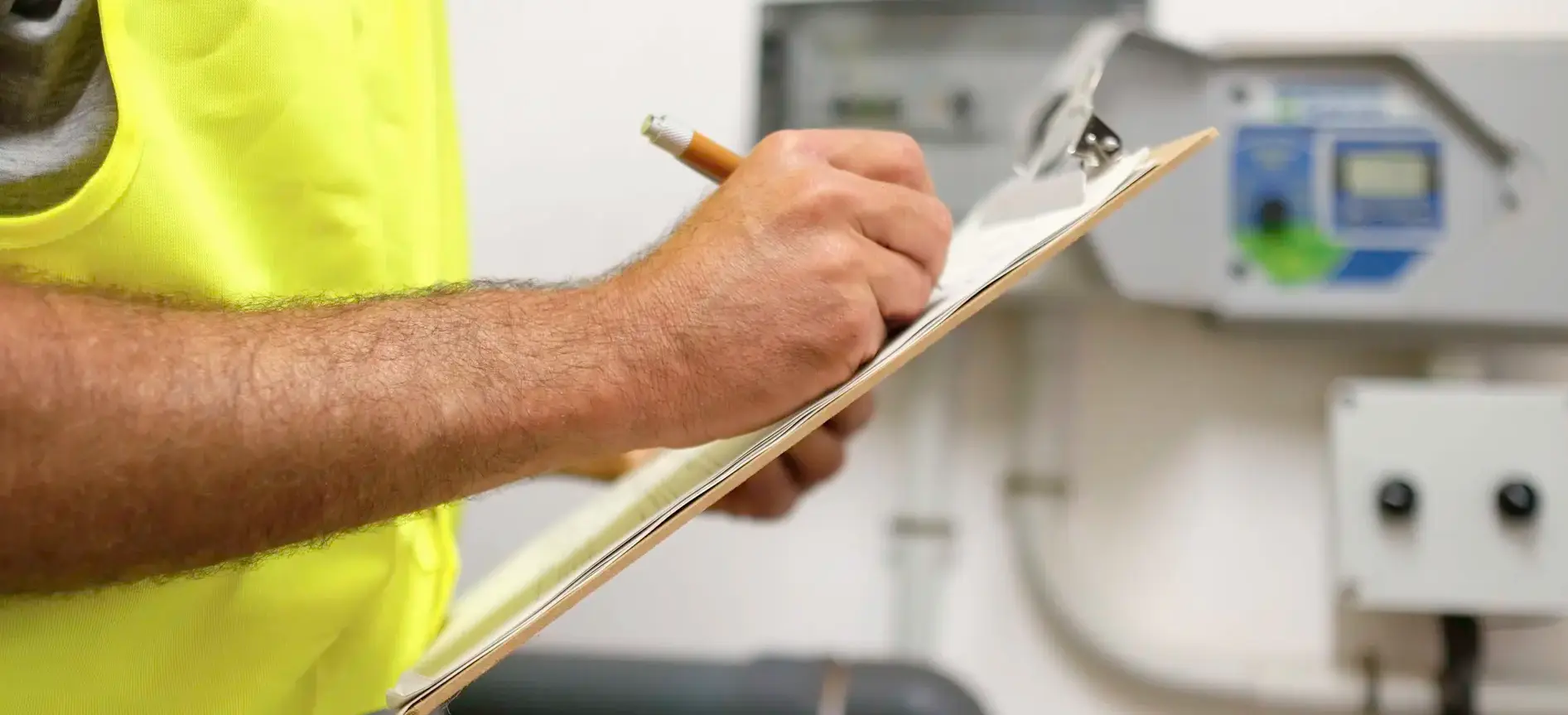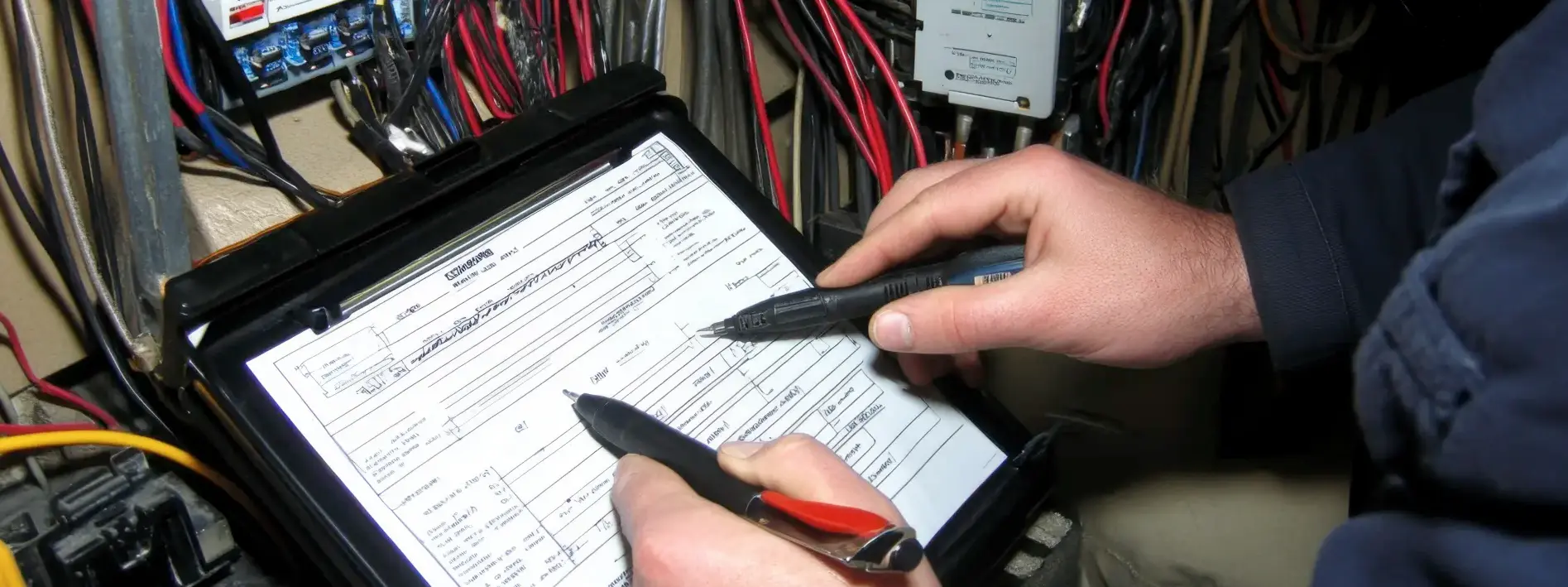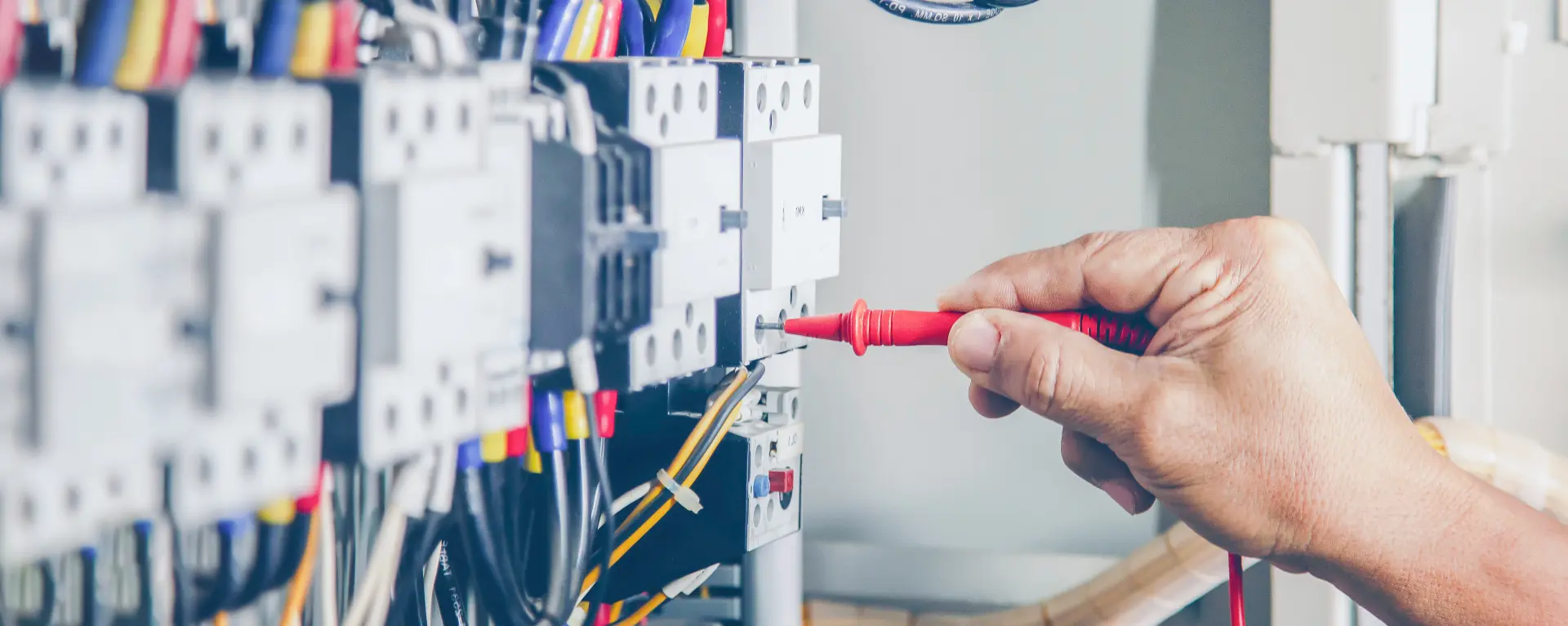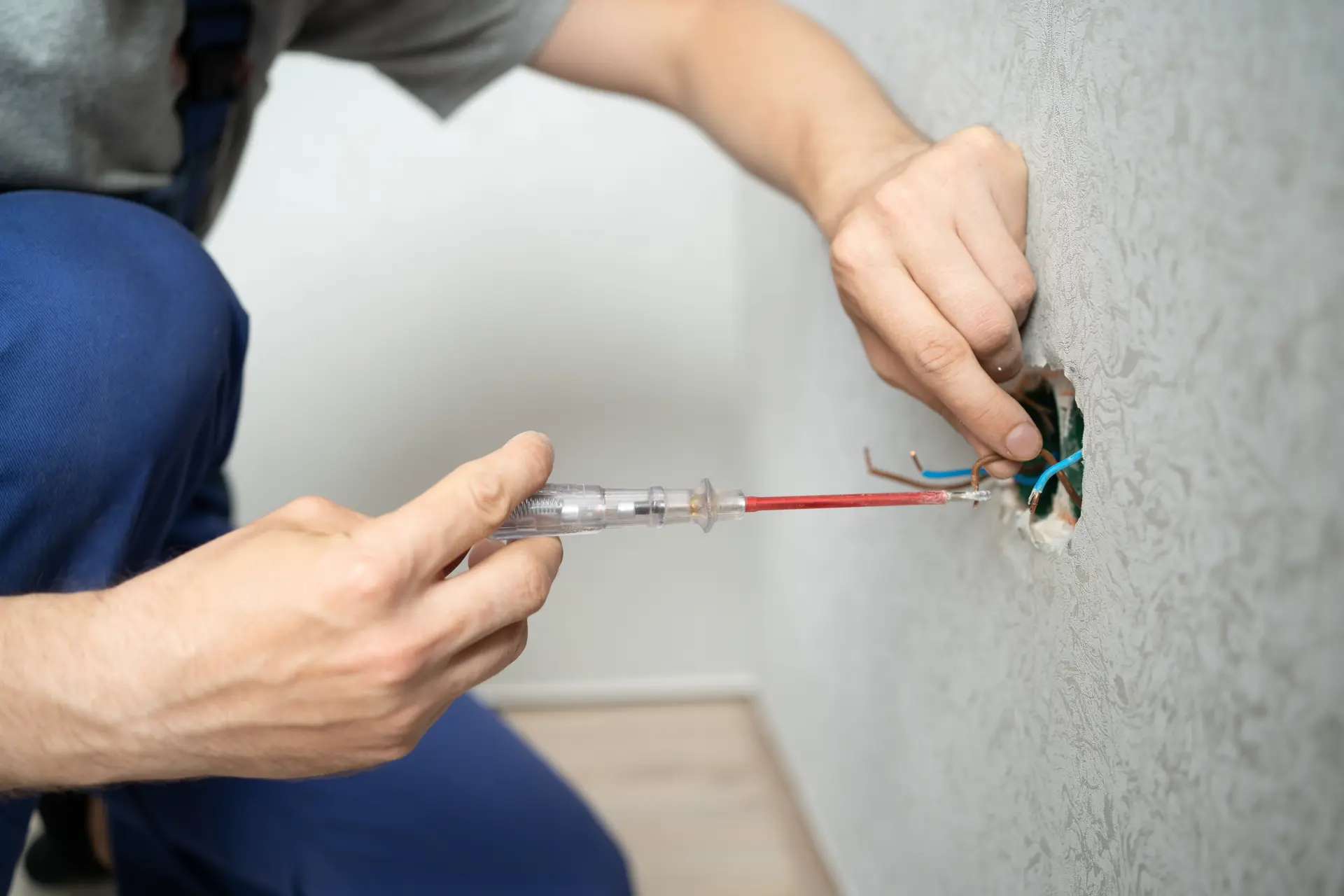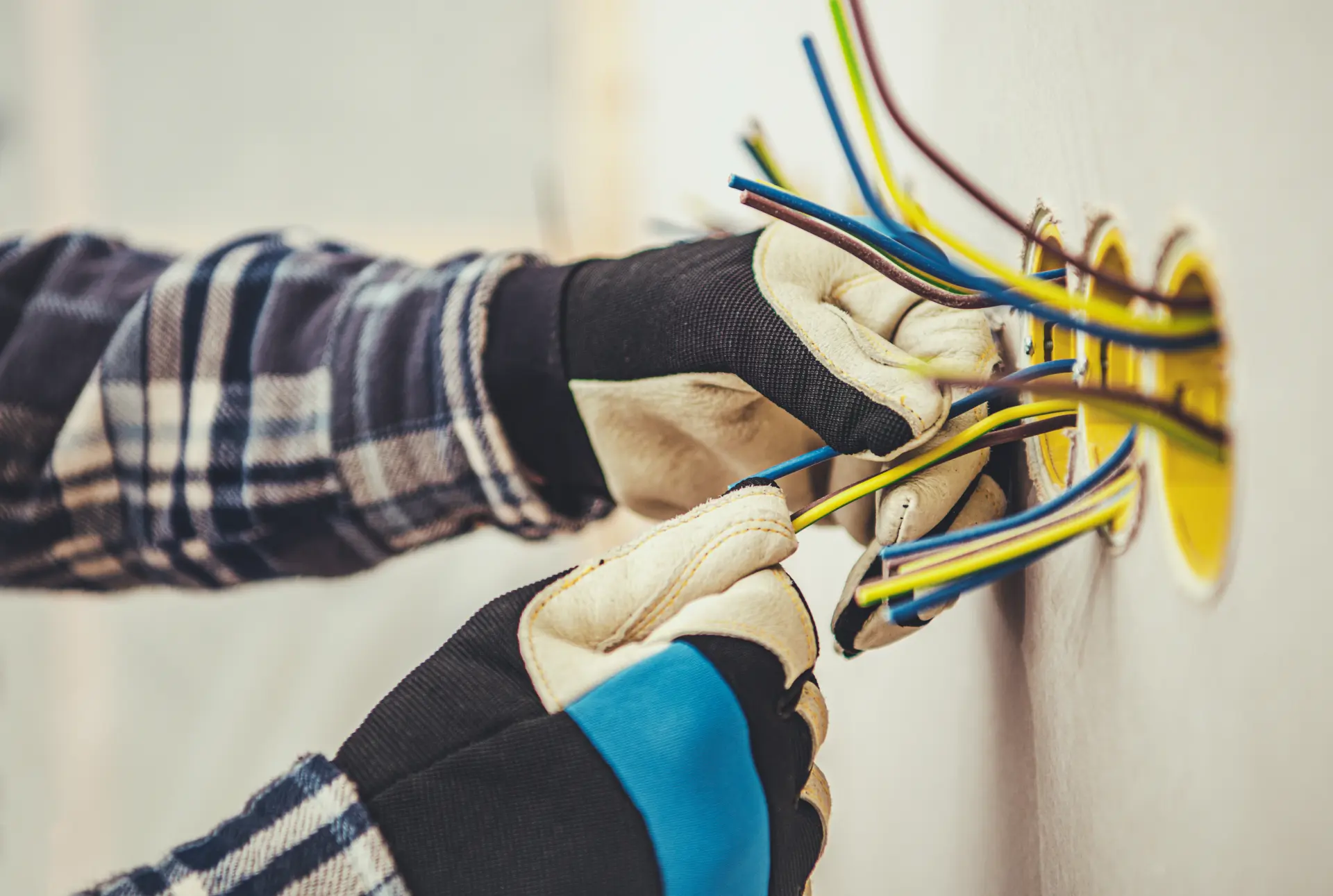How Often Do Homeowners and landlords Need an EICR?
The typical frequency of your EICR depends on whether you are a homeowner or a landlord. Homeowners are advised to arrange an EICR every ten years to make sure their electrical system remains safe. However, if you are buying or selling a property, or if the home is more than 30 years old, it is best to carry out an inspection sooner. Plenty of checks give you peace of mind and can help avoid any electrical faults from developing into serious hazards.
Landlords have stricter rules to follow. By law, all rental properties in the UK must have a valid EICR that is renewed at least every five years. If the report highlights more immediate issues, repairs then need to be carried out as quickly as possible, and in some cases, a new certificate may be needed after the work is complete. Landlords must also provide tenants with a copy of the report and may need to show it to the local council if asked. Following these rules will affirm your legal compliance, keep your tenants safe and protect the property.
Factors That May Affect How Often You Need One
While there are standard guidelines for how often an EICR should be carried out throughout your property, numerous factors can mean you need one a lot sooner. One key factor is the age of the property. Older homes or buildings often have outdated wiring and fittings that may not meet modern safety standards, so more frequent checks are recommended.
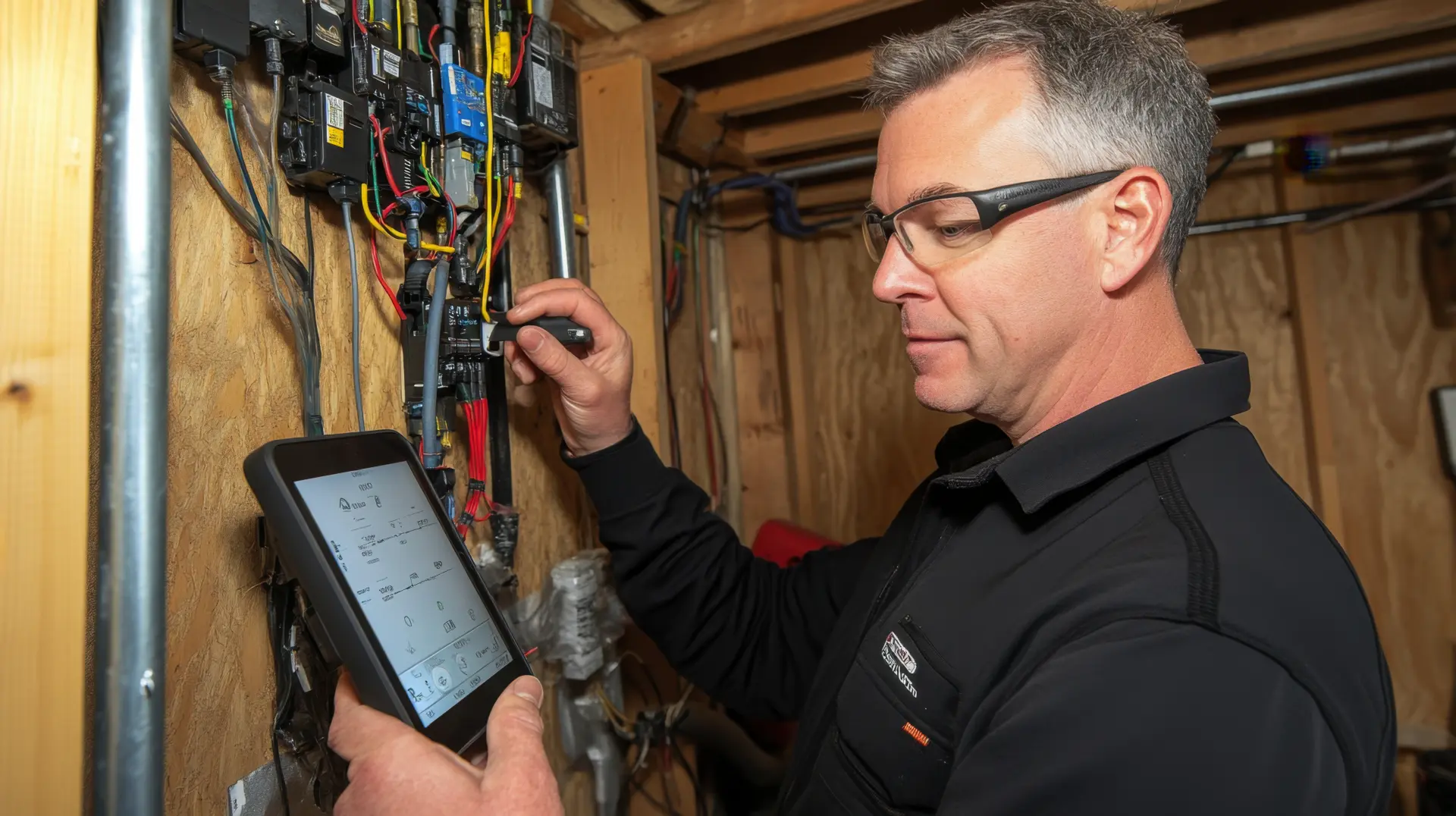
The type of use also plays a role. Properties with a higher occupancy, such as rental homes, student housing, or shared accommodations, place a greater strain on the electrical system and may need much more frequent inspections. Similarly, workplaces with heavy machinery, large amounts of equipment or frequent use of electrical appliances may require shorter inspection intervals.
Previous history of electrical faults or repairs is another important factor. If a property has had repeated issues, it is wise to carry out checks sooner to prevent recurring problems. Environmental conditions can also make a difference. Damp, heat or exposure to dust and chemicals can cause wear and tear on electrical installations more quickly, which means inspections should be more regular.
Signs Your Property May Need an EICR Sooner
Even if your property is not due for its next scheduled inspection, there are certain warning signs that suggest you should arrange an EICR sooner. One of the most obvious is frequent blown fuses or constant tripping of circuit breakers, which can signal underlying faults in the wiring. Buzzing noises, flickering lights, or burning smells from sockets or switches are also strong indicators that something is wrong and should not be ignored.
Other signs include discoloured sockets or switches, which may show signs of overheating, and sparks when plugging in appliances, which can be a serious hazard. If you notice that electrical outlets feel warm to the touch or if you receive small electric shocks when using them, it is a clear warning that the system may be unsafe.
You should also consider an earlier inspection if the property has recently undergone major building or renovation work, or if it is an older building that has not been checked in many years. For landlords, tenant complaints about electrical issues should always be taken seriously and acted upon quickly.
What Happens if You Do Not Renew Your EICR on Time?
Failing to renew an EICR on time can lead to serious consequences, especially for landlords and businesses who rely on them the most. As a landlord, not having a valid certificate is a breach of legal requirements and laws. This can result in fines of up to £30,000 and may also make it illegal to continue renting out the property until a new inspection is done. Tenants must be given a copy of the most recent EICR, so an expired certificate could also damage trust and create disputes.
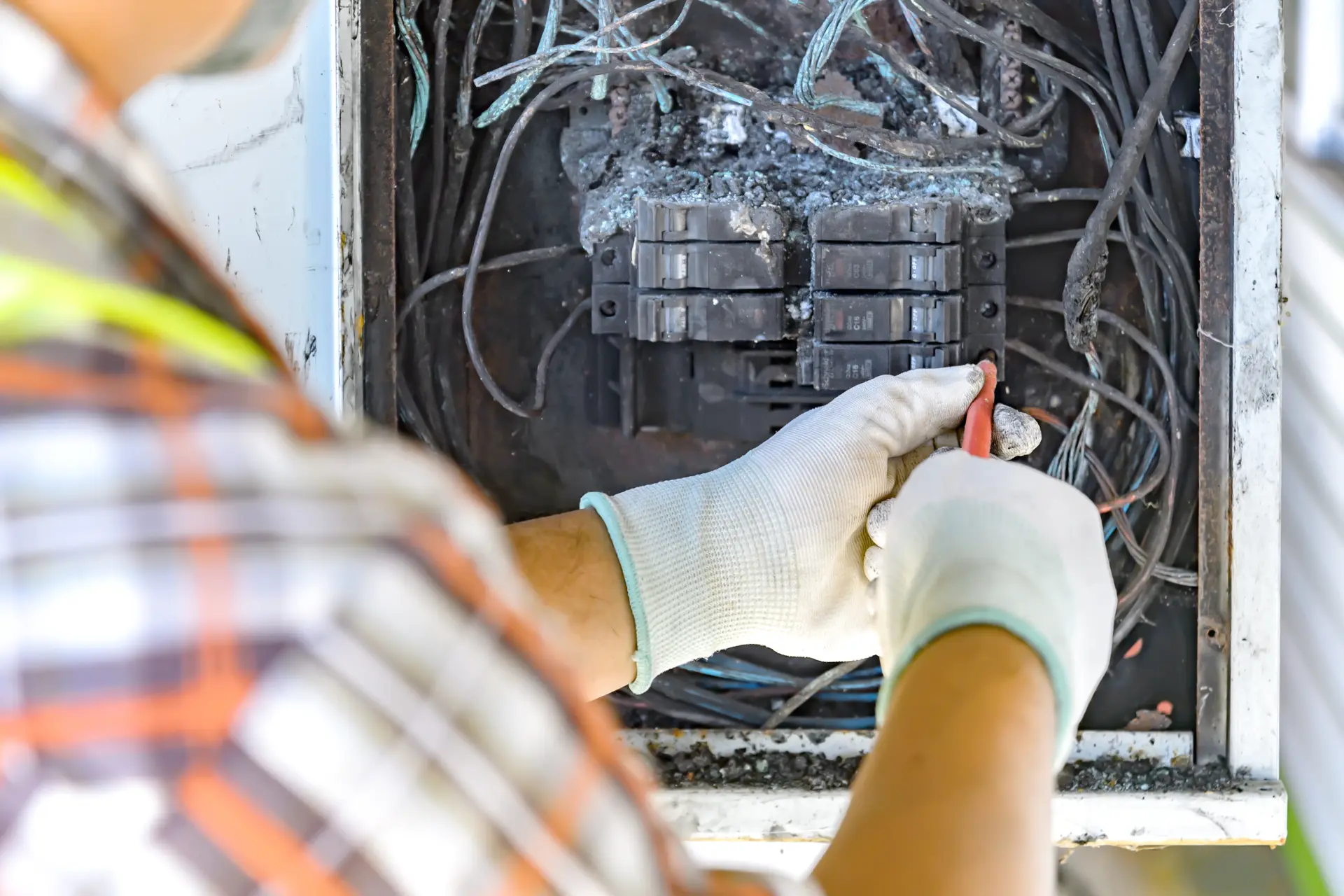
For businesses, not renewing an EICR can put both staff and customers at risk. If an electrical fault leads to an accident or fire, the company could face legal action, loss of insurance cover and serious reputational damage. Even homeowners who are not legally required to have an EICR could face problems if an outdated or unsafe system causes harm. Insurance providers may refuse claims if they find that no recent inspection was carried out.
In short, allowing an EICR to expire puts people, property and finances at risk. Renewing on time not only makes sure you're compliant with the law but also provides protection and peace of mind that the electrical system remains safe.
How to Arrange Your Next EICR Inspection
Booking your next EICR inspection is a simple process, but it is important to plan ahead to make sure everything runs smoothly. Begin by finding a qualified electrician in your local area who is registered with a recognised body such as NICEIC or NAPIT. That way, you can make sure the inspection will be carried out to the correct standards. It is a good idea to request quotes from more than one electrician so you can check what is included in the service and check the prices.
Once you have chosen an electrician, you can then book a suitable date and time for the inspection. Make sure they will have easy access to the consumer unit (fuse box), sockets and any fixed electrical equipment. The duration of the inspection is based on the size of your property, but most homes can be completed within a few hours. After the inspection, you will be given the EICR report, which confirms whether your system is safe or highlights any problems that need fixing. If issues are found, arrange repairs as soon as possible and keep your certificate safe, as you may need to offer it to tenants, insurers or buyers in the future.
We provide expert electrical rewiring services for homes and businesses in Northwood and the surrounding areas. Whether you need a full or partial rewire, our team ensures safe, compliant, and efficient results tailored to your property’s needs.
